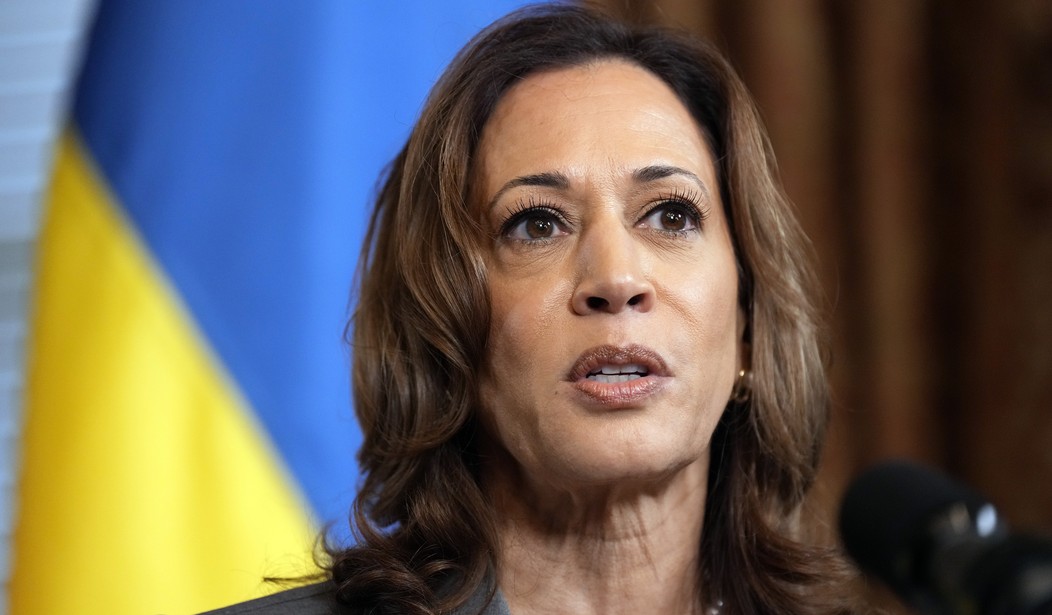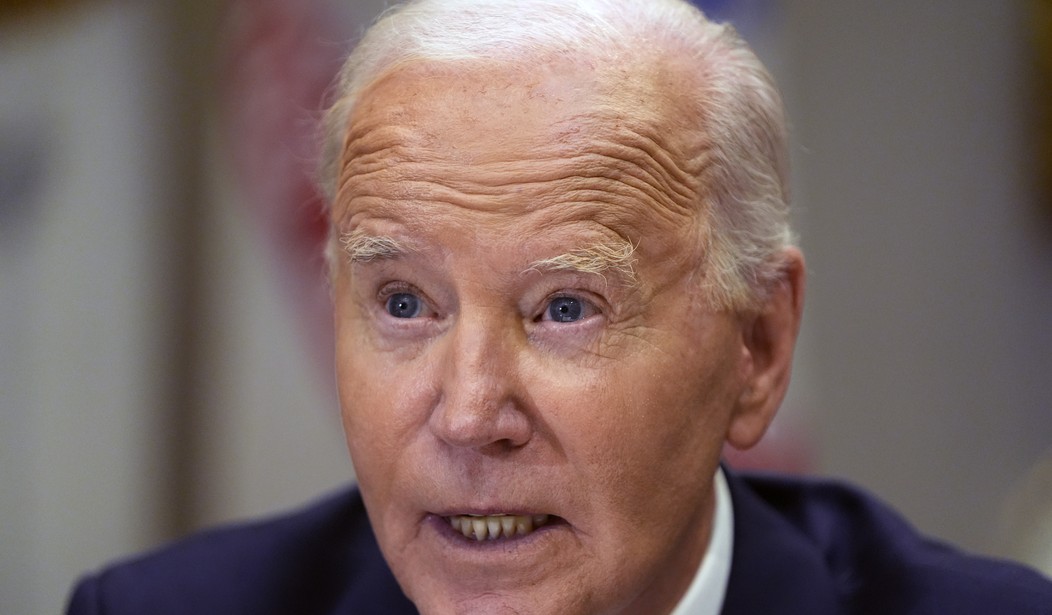One of the unavoidable issues regarding matters of “misinformation” and “disinformation” is who is going to determine what speech qualifies to go in either category. Proponents of speech surveillance and selective censorship have given some indication, regarding such issues as COVID policy, “climate change,” the war in Ukraine, and gender issues, that the appropriate authorities to make such determinations are acclaimed “experts.”
As a threshold matter, we can assume that the term “expert” is not a synonym for “infallible,” nor for “objective” or “unbiased.” There is no reason to think the label of expert makes the pronouncements of someone incapable of being incorrect, or that such person is not subject to the same prejudices, self-interest, ideological motivation, or temptations as anyone else.
An expert may know more than anyone else in the world about a particular subject and still not be qualified to determine what is and what is not disinformation. If something is a fact, and widely acknowledged as a fact, the pronouncement of an expert is unnecessary.
Experts are most useful in matters that will not admit of certainty. It is only when the public would benefit from an educated guess about something that can otherwise not be ascertained that an expert might have anything to add, and censoring something because an educated guess has determined that it is misinformation or disinformation is arrogant and foolish.
G.K. Chesterton is credited with the observation that “there cannot be such a thing as someone who specializes in the universe.” This simple truism overflows with practical wisdom. Chesterton’s point began with the observation that someone can truly be an expert only in exceptions to ordinary experience. There is little need for an expert in common sense, for the simple reason that it is common. Experts are not needed to love one’s child because this is the common experience of the majority of humankind. It is only when the exception arises that the expert may contribute something of value.
An expert cannot be a specialist in everyday experience, of the general and mundane events that are familiar to everyone, because of the paradox that they occur commonly but are experienced individually. An expert may seek to absorb the totality of knowledge about laughter, laughter being common, but be unable to emerge from the laboratory with a joke that everyone thinks is funny.
Experts were heeded during the uncertainty of COVID for the simple reason that COVID was extraordinary. No one claims that catastrophic climate change is the norm, and the anomaly is used to justify the unearned regard that so-called experts in the field claim. The eccentricities at the heart of cultural ructions over gender ideology create a demand for the intervention of newly discovered experts. Experts are not needed to discover that the experience throughout human existence is that children are the result of heterosexual mating activities.
Chesterton’s observation contains another insight, related to the first. If we take Chesterton’s claim that experts can be specialists only in exceptions, and that their contribution in common matters of everyday life is no more valuable than that of anyone else who pays attention to the world, we notice something novel about the current insistence that matters of public importance be left to experts.
The usual role of experts is to provide insight regarding circumstances that deviate from the expected. They are to help people contend with unfamiliar situations and uncommon problems and the uncertainty that they create. That usual role has changed. Now experts no longer help navigate the abnormal crises when there is no controversy regarding how to contend with normality. Now the expert is used to establish that the normal and familiar is abnormal. It is as though experts have decided that the sky is the wrong color, the sun rises over the wrong horizon, or humans should not have opposable thumbs.
The modern fervor for expert intervention in normal life goes even farther. Experts are now presented not as useful counselors to guide the deliberations of democratically elected decision-makers, but instead as the unelected and largely unaccountable lawgivers. Citizens of a free and democratic society are no longer expected to consider the advice of experts; they are expected to unquestioningly submit to it. The limited, usual, and customary role of experts that governing elites now urge is the anomalous exception that must be discarded in favor of “progress.”
Experts can be useful to the point of being indispensable. It is certainly desirable to have experts involved in the highly extraordinary phenomenon of powered human flight, or in diagnosing and treating the various afflictions that intrude on human life. However, when experts undertake to redefine what is normal, and the motivation for doing so is to legitimize what is ideologically desirable, they are no longer experts in the useful sense of the word. Rather, they are activists. They should be treated as such, and we should not care what they think is and is not disinformation.











